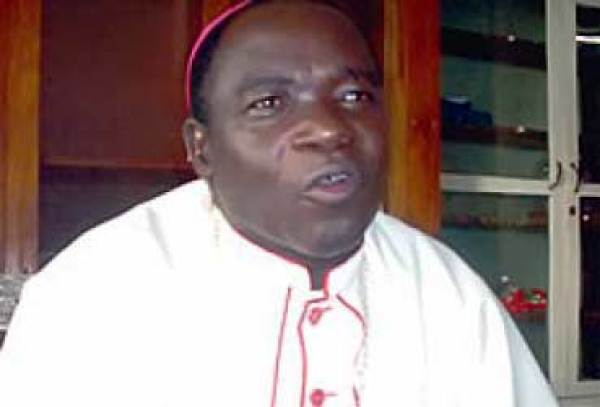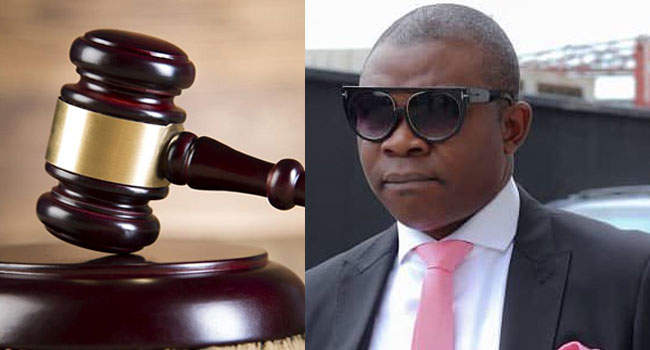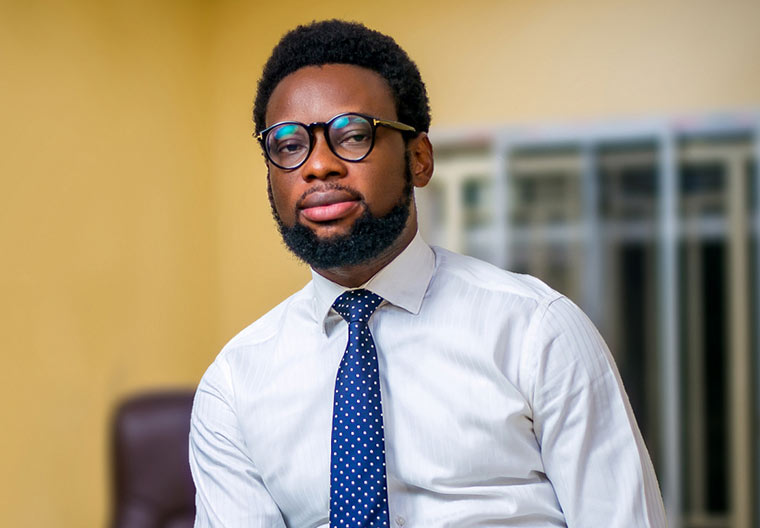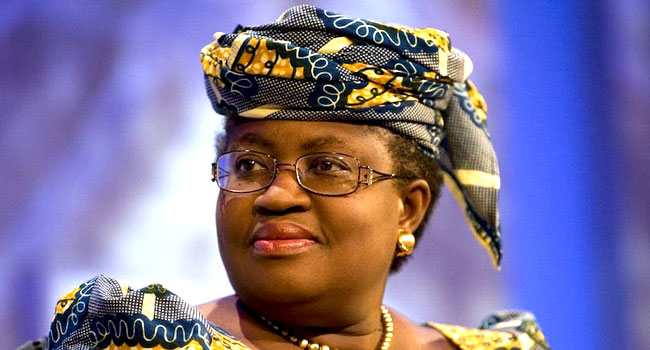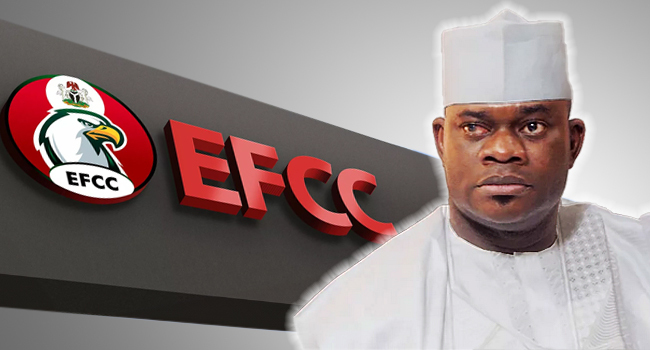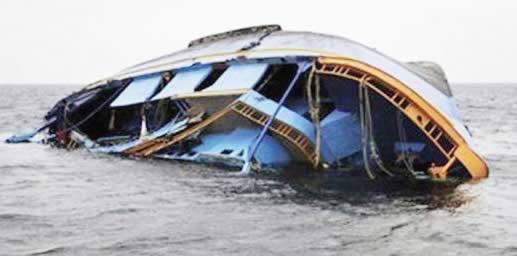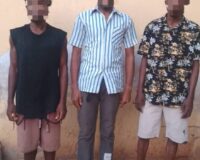The Catholic Bishop of Sokoto Diocese, Mathew Kukah, has warned that the 2023 general elections will not be free, fair or credible, unless those at the helm of affairs are able to create a sense of common citizenship among Nigerians.
Bishop Kukah said he was concerned that the Nigerian population have been polarized, with most of the electorates deeply divided along ethnic and religious lines.
Speaking at a national discourse that was organised to mark the 60th birthday of the Executive Director of the Policy and Legal Advocacy Center, PLAC, Mr. Clement Nwankwo, Bishop Kukah, maintained that dysfunctional system of governance in the country and failure of the state to fulfill its obligations to citizens, was responsible for the polarization.
He said: “This is what the failuire of the state to live up to its obligation with the citizens has brought us to. So, when we are talking about citizenship participation in the democracy, what exactly are we talkng about because everything is still in the state of formation.
“Now, I agree that the first thing to do is to look at what are really the obstacles to our developing a sense of citizenship because the first thing that all of us must agree on is that we still find the words of Awolowo being used to validate a sense of the fact that we are not Nigerians.
“Awolowo said that Nigeria is a mere geographical expression. Awolowo said we were first Yorubas before we became Nigerians.
“The truth of the matter is that countries live by the quality of mirths that they have constructed.
“Awolowo said that Nigeria is a mere geographical expression. Awolowo said we were first Yorubas before we became Nigerians.
READ ALSO: Jesus lost elections, so can Bishop Kukah lose to Buhari
“The truth of the matter is that countries live by the quality of mirths that they have constructed.
“And if you don’t have a means of identity to who you are, not necessarily because you can explain these things anthropologically, but you must have something that holds you together beyond the constitution.
“The constitution is a major instrument but if you now come to terms that between 1914, all the time up till today, we are still debating the quality of constitution that we have and there is a strong body of thought that is still arguing that this constitution is not our constitution because it said we the people and we were not there.
“We shouldn’t have been having these conversations if we had agreed on the threshold of what constitutes citizenship, what the obligations of citizens really are and what is the obligation of the state to its citizens.
“I make the point that the notion of citizens in Nigeria is still in suspended animation, in part, because all the simple basic things that we expect from a state are not there”.
Decrying that religion and ethnicity “have become weaponized”, Bishop Kukah, said the country must find a neutralizing institution.
Besides, he accused both the ruling All Progressive Congress, APC, and the opposition Peoples Democratic Party, PDP, of using the high cost of nomination forms to sideline poor citizens from contesting for elective positions.
He said: “People, now, can come to terms with the fact that it more important to look at yourself as an Igbo man, a Yoruba man or Ijaw man, rather than look at yourself as a Nigerian. And of course, when we talk about political processes, you are never going to have a free, fair or credible election until you fix the sense of common citizenship, and that is that all of us are aiming at the same goal.
“Of course, the system we are running has forclosed the possibility because there is a lack of conscensual clarity.
“Do we really understand what democracy is all about? There are other forms of government and indeed we opted for democracy because as Churchill said, it is the worst form of government apart from the others.
“But right now as we know and are talking, even to declare interest in participating in this process despite the quality of your education, say maybe you went to Havard or you went to Yale, that is not enough in Nigeria.
“This is what I have the ability to do, no, it is not accepted. So, if you cannot find a N100million or N50million to buy a form, or you don’t have the kind of friends who can buy it for you, I mean it is such a joke, that Nigerians are just sitting and we are just watching.
“If someone has erected this barricade, saying that poor people do not have to apply, that is what he says irrespective of your qualification, then we should not pretend that we are running a democracy.
“We should say that we are opting for plutocracy which is that only rich people can participate in the process.
“But again, I don’t want to sound very dramatic, but I would have said why will Nigerians not go to headquarters of APC and PDP and all these parties and say we cannot afford this please.
“But Nigerians as I said, we are conversing and drinking brandy and chatting and watching golf, watching tennis, Meanwhile, we have signed up to this reality”, he added.
In her remarks at the event, a former member of the House of Representatives, Ms. Nnenna Ukeje, said it was unfortunate that only money bags could afford to contest election in the country.
She noted that so far, most people that have been able to afford the exorbitant prices pegged for the purchase of nomination forms, are those that are presently occupying government offices.
“What is happening is not a joke. The future of our country depends on what we do. It is our responsibility to challenge everything that is going wrong in our society and work to bring about a society that will work for all of us”, she added.
On his part, Mr. Nwankwo, said there was need for Civil Society Organizations in the country to continue to speak up and to constantly hold the government accountable for the sake of the citizens.

